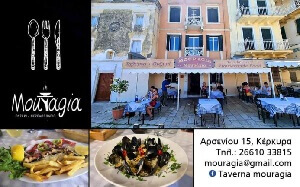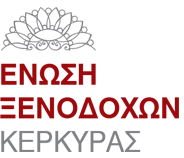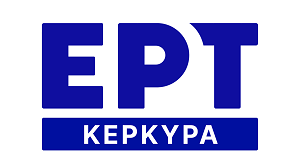Role-Playing Games (RPGs) are a popular game genre with roots in the first edition of Dungeons & Dragons (D&D) in 1974 (Appelcline, 2014; Hitchens & Drachen, 2009), having a tabletop form. Since then, Tabletop RPGs (TRPGs) have been applied in various settings, such as fantasy, horror, sci-fi, western, spy, historical, military, mixtures of two or more. TRPGs are still very popular, transferring small groups of people within a fantasy world that evolves through players’ verbal descriptions. Their interactive roleplay character brings together the ideas and interests of the participants, providing an immersive social and creative experience that entertains players (White, 2018).
TRPGs have been applied in various contexts, such as education, business, military, improvisational theatre, health care, leisure. E.g., "CodePlay" is a TRPG that improves computer programming and teamwork skills via roleplaying (Ntokos, 2020) while "City of Dred" is another TRPG about data survivability (Lopes, 2015). From another viewpoint, learners could be engaged within a meaningful experience of making, modifying, and sharing their own games. In this constructionist approach, the game becomes an "object-to-think-with" (Papert, 1991), and learners coherently form and transform their ideas expressed in particular contexts" (Ackermann, 2001). Currently, there is a shift in the direction of game-making for learning, however, there are no results that focus on TRPGs and their influence on learning and motivation.
Objective
We argue that the design of TRPGs has the potential to provide a rich learning experience that motivates game makers, while, at the same time, they have the chance to create a fully functional game, practicing all the required steps of the game making process. A medieval stage could be used to place the characters and the game action, motivating game makers in the design process. Imagination, brainstorming, and looking at the literature are combined with decisions regarding the game mechanics and lots of playtesting. Therefore, it is important to identify the effects of this process on learners, especially in motivation and learning aspects. As a result, our research question that we will investigate is formulated below:
RQ: Which are the effects of the TRPGs design process on the participants’ motivation and learning?
Method
We performed a pilot study with 16 university students. We introduced participants to the RPGs game genre, having a particular focus on their tabletop form. We familiarized them with the TRPGs gameplay and the required steps of the design process. Then, we asked them to design TRPGs in the context of Corfu’s medieval history. We describe some representative summaries of the produced projects and discuss preliminary findings derived from informal observations and conversations with the students. The findings will be used as a basis for the game-making approach.
Conclusion
This study provides evidence on the use of TRPGs as the context which engages participants in a game-making learning process. The creation of the fictional world deeply immersed most participants in the process. They were engaged in the repetitive form of making games which involved designing, evaluating, and improving their designs towards functional tabletop games. Clearly, this field of study displays a number of characteristics that can be highly beneficial for the identification of the motivation and learning mechanisms of this highly immersive game-making process.
References
1. Ackerman, E. (2001). Piaget's Constructivism, Papert's Constructionism. Future of learning group publication, 5(3), p. 483.
2. Appelcline, S. (2014). Designers and Dragons (4 vols.). Silver Spring, MD: Evil Hat.
3. Hitchens, M., & Drachen, A. (2009). The many faces of roleplaying games. International journal of roleplaying, 1(1), 3-21.
4. Lopes, R. P. (2015). City of dred–a tabletop RPG learning experience. In 7th International Conference on Education and New Learning Technologies (EDULEARN) (pp. 6987-6995).
5. Ntokos, K. (2020). CodePlay: A Tabletop Role-Playing Game System used in Teaching Game Programming Using Content Gamification. The Computer Games Journal, 1-16.
6. Papert, S., & Harel, I. (1991). Situating constructionism. Constructionism, 36(2), 1-11.
7. White, W. J., Arjoranta, J., Hitchens, M., Peterson, J., Torner, E., & Walton, J. (2018). Tabletop roleplaying games. In Role-Playing Game Studies (pp. 63-86). Routledge.
Vasileios Komianos is a faculty member at Dept. of Audio and Visual Arts, Ionian University, Greece, teaching courses related to Virtual/Augmented/Mixed Reality, video games and interactive multimedia. His research interests are mostly focused on Mixed Reality (MR) systems, on user interaction and user interfaces in MR systems and applications as well as on approaches for artistic expression and cultural communication. He has work experience on designing audiovisual content and installations in the cultural heritage sector, and his works are hosted or have been hosted in permanent and temporary exhibitions as well as in art festivals.
Back
SPONSORS
 Agora Restaurant Grill House
Agora Restaurant Grill House Lupin Aperitivo Espresso Bar
Lupin Aperitivo Espresso Bar






























